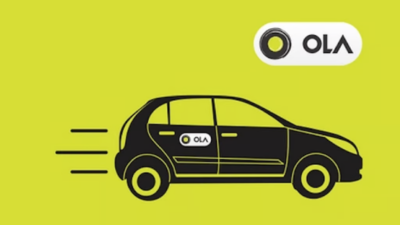On Monday, the Karnataka High Court directed ANI Technologies, the parent company of Ola Cabs, to pay ₹5 lakh in compensation to a woman who was sexually harassed by an Ola cab driver in 2018.
Justice MGS Kamal also instructed the company’s Internal Complaints Committee (ICC) to conduct an inquiry into the woman’s complaint in compliance with the provisions of the Sexual Harassment of Women at Workplace (Prevention, Prohibition, and Redressal) [POSH] Act, 2013. The court mandated that the ICC complete its investigation within 90 days and submit the findings to the District Officer.
The High Court highlighted that the woman, who had chosen to use Ola’s services based on the company’s assurances of safety, was entitled to protection under her fundamental, statutory, and contractual rights. The court noted that Ola and its ICC had failed to address the complaint adequately, stating, “The petitioner, acting upon the promise of safety from Ola, endured a dangerous ordeal. She sought to register her complaint with the ICC in furtherance of her legal rights, which were blatantly breached by Ola and its ICC. The circumstances warrant suitable compensation for the trauma she has undergone.”
In addition to the ₹5 lakh compensation, the court directed ANI Technologies to pay an additional ₹50,000 to cover the woman’s litigation expenses. The Additional Commissioner for Transport and the Secretary of the Karnataka State Transport Authority were also ordered to pay ₹1 lakh to the Karnataka Legal Services Authority.
The woman had initially filed a complaint after an incident in August 2018, where the cab driver stared at her through the rear-view mirror, watched pornographic videos on his phone in full view of the passenger, and masturbated during the ride, refusing to stop the cab before the destination. Ola informed the woman that the driver had been blacklisted and would undergo counseling, but no further action was taken. This led her to file a formal police complaint.
Ola’s ICC argued that cab drivers are not company employees and therefore are not subject to the provisions of the POSH Act. However, the High Court held that the ICC had a “statutory obligation” to investigate the sexual harassment complaint.
Advocates Rithwick Ganesh and Mundra Kritika Ajay represented the petitioner, while Senior Advocate Dhyan Chinnappa appeared for ANI Technologies’ ICC. Advocate Raghvendra SH represented the Karnataka State Transport Authority.

















